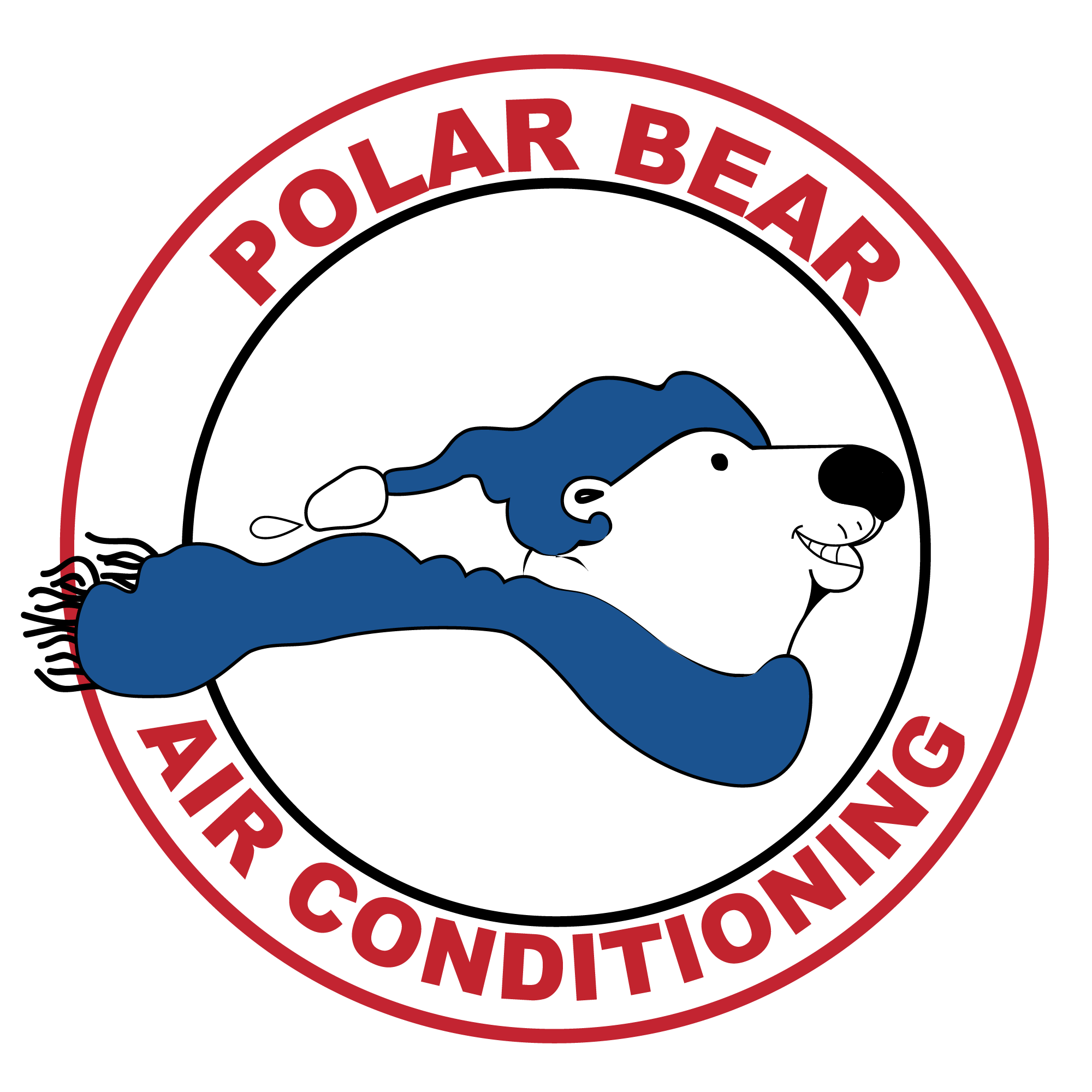Living with a broken AC is not an option in the Cayman Islands. When the outdoor temperatures hit triple digits, you need the air conditioner to work at full capacity so that you, your family members, and your furry friends can be comfortable and safe.
A leaking air conditioner is a big problem — one that you should get fixed as soon as possible! Below, we’ll cover the common reasons why your air conditioner is leaking and possible solutions.
How Water Forms in the Air Conditioner
Before we jump into why your air conditioner is leaking water, it’s important to understand the basics — where does the water come from?
AC systems are comprised of two units, the indoor air handler and the outdoor condenser, that work in tandem to keep you and your family comfortable all year long. The air handler is responsible for absorbing heat from the warm air in your house. As the warm air blows over the cold evaporator coils (located inside the air handler), it creates condensation. This moisture drips into the drain pan and exits your house via the condensate drain line.
Depending on how humid your indoor climate is and how long the AC runs, there could be as much as 20 gallons of water produced from your indoor air conditioning unit daily. If you don’t fix your leaking air conditioner soon, you might find yourself dealing with unwanted water damage.
With that said, let’s dive into the four most common reasons why air conditioners leak water — and how you can solve the issue!
Why Is Your Air Conditioner Leaking Water?
Clogged Condensate Line
The most common cause of an AC leaking water is a clogged condensate line.
The condensate line drains water to prevent the drain pan from overflowing. However, these pipes can be blocked by bacteria, rust, or dirt. Sometimes little critters climb into the pipe from outside and get stuck! When any of these blockages occur, drainage will back up and leak from the air conditioner inside your home.
SOLUTION: You can try using a wet/dry vacuum to remove whatever is clogging the condensate line. If this doesn’t work, schedule an AC repair service. Professional technicians have access to commercial-grade tools that can remove the blockage and free up the drain pipe and confirm the drain was designed and installed correctly.
Dirty Air Filter
Think of all the invisible contaminants polluting your indoor air. Dust, mold spores, pollen, pet dander, and other airborne debris all get trapped in your HVAC system’s air filter. Over time, the filter can become so clogged that it actually reduces the amount of air flowing in and out of your air conditioner.
This not only prevents the air handler from absorbing warm air but also forces the AC system to work harder. As a result, the evaporator coils, which contain cold refrigerant, will freeze over. When the ice melts, the excess water will cause the drain pan to overflow.
Water leaking from the air conditioner is the least amount of damage caused by frozen evaporator coils. What you really have to worry about is overworking your system to the point of failure. That’s why it’s important to change the air filter regularly!
SOLUTION: Replace the dirty air filter with a clean new one, so the air can start circulating normally. Switch the fan setting on the thermostat to “ON” and the system setting to “OFF.” This will cause the air handler to blow warm air across the frozen coil. After a few hours or possibly days, the evaporator coil will unfreeze completely and stop dripping water. Dump the excess water in the drain pan. Establish a routine for filter replacements to avoid the AC unit leaking water due to a dirty filter in the future.
Low Refrigerant Levels
If your home is warmer than it should be and there’s water leaking from the air conditioner, there’s a good chance you have a refrigerant leak.
Refrigerant is the chemical responsible for the cool air blowing out of your vents. One fun fact about refrigerant is that no matter how many cooling cycles your air conditioner goes through, it doesn’t run out — unless there is a leak.
As the volume of refrigerant decreases, so does the pressure inside your AC system. And as pressure drops, so does the temperature. This causes the evaporator coils to freeze and leads to a wet mess.
It’s not always easy to diagnose a refrigerant leak by yourself, but knowing these common warning signs might help:
- Poor cooling
- High humidity levels
- Long cooling cycles
- Frozen evaporator coils
- Bubbling or hissing sounds
SOLUTION: Don’t let this problem linger longer than necessary, as it can cause your air conditioner to fail completely. Get in touch with a professional ASAP for a refrigerator leak repair.
Damaged Drain Pan (aka Drip Pan)
Is your air conditioner approaching the end of its shelf life? If so, you might have a damaged drain pan.
Wear and tear can cause drain pans to either crack or rust. As the rust eats through the metal, holes will form that allow water to leak from the air conditioner. Either way, you will need to replace this part.
SOLUTION: Contact a professional technician to replace the drain pan. Consider a full air conditioner replacement if your unit is getting older.
Stop Water Leaking From Your Air Conditioner With Polar Bear
You don’t have to live with a broken air conditioning system — just call Polar Bear to the rescue! We offer emergency AC repairs in the Cayman Islands around the clock to ensure you and your family’s comfort.


0 Comments